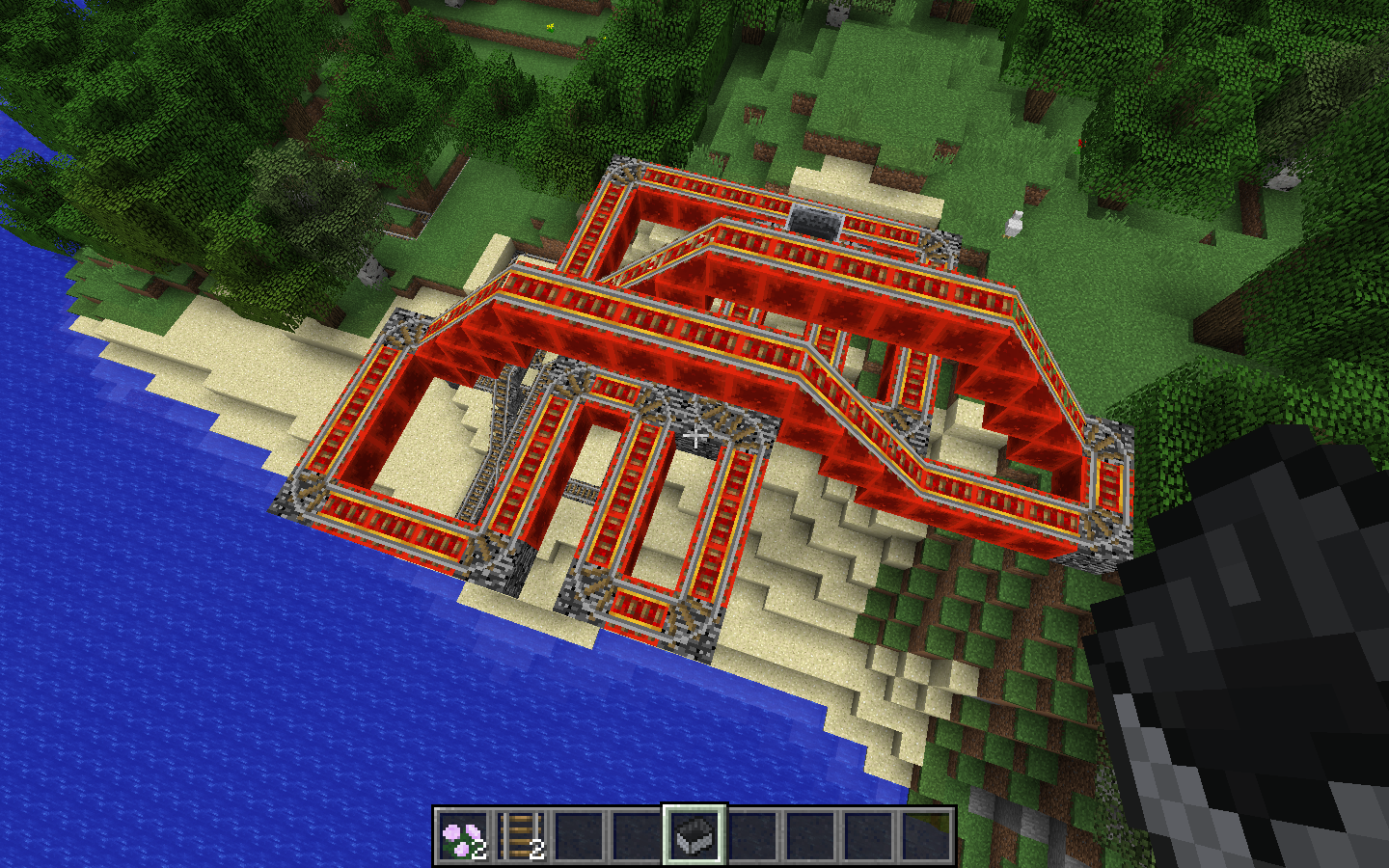High School course
Mod Design Studio 1
- ALL GRADES
- INTERMEDIATE
- WEB
- 10 LESSONS
Answer Key
U.S. Standards
- CCSS Math: MP.1
- CCSS ELA: RF.4.4.A, RF.5.4.A, RF.5.4.A, 6-8.RST.3, 6-8.RST.4, 6-8.RST.7, RI.9-10.3, RI.11-12.3
- CS CA: 3-5.AP.10, 3-5.AP.11, 3-5.AP.12, 3-5.AP.13, 3-5.AP.17, 6-8.AP.10, 6-8.AP.11, 6-8.AP.12, 6-8.AP.13, 6-8.AP.14, 6-8.AP.17
- CSTA: 1B-AP-09,1B-AP-10, 1B-AP-11, 1B-AP-12, 1B-AP-15, 2-AP-11, 2-AP-14, 2-AP-13, 2-AP-17
- ISTE -: 1.c, 1.d, 4.d, 5.c, 5.d, 6.b
U.K. Standards
Key stage 2
Pupils should be taught to:- design, write and debug programs that accomplish specific goals, including controlling or simulating physical systems; solve problems by decomposing them into smaller parts
- use sequence, selection, and repetition in programs; work with variables and various forms of input and output
- use logical reasoning to explain how some simple algorithms work and to detect and correct errors in algorithms and programs
- use technology safely, respectfully and responsibly; recognise acceptable/unacceptable behaviour; identify a range of ways to report concerns about content and contact
Key stage 3
Pupils should be taught to:- design, use and evaluate computational abstractions that model the state and behaviour of real-world problems and physical systems
- understand several key algorithms that reflect computational thinking [for example, ones for sorting and searching]; use logical reasoning to compare the utility of alternative algorithms for the same problem
- create, reuse, revise and repurpose digital artefacts for a given audience, with attention to trustworthiness, design and usability
- understand a range of ways to use technology safely, respectfully, responsibly and securely, including protecting their online identity and privacy; recognise inappropriate content, contact and conduct, and know how to report concerns
Key stage 4
All pupils must have the opportunity to study aspects of information technology and computer science at sufficient depth to allow them to progress to higher levels of study or to a professional career. Pupils should be taught to:- develop their capability, creativity and knowledge in computer science, digital media and information technology
- develop and apply their analytic, problem-solving, design, and computational thinking skills
- understand how changes in technology affect safety, including new ways to protect their online privacy and identity, and how to report a range of concerns
Description
Learn to mod Minecraft with Tynker! Build 25 unique mods to host on your own private server. Minecraft Java Edition on Mac/PC is required for participation in Tynker Minecraft classes.
What Students Learn
- Design Minecraft skins and custom resources
- Learn to build 25 fun mods
- Publish, share, and remix mods
- 8 hours of private server time
Technical Requirements
* Online courses require a modern desktop computer, laptop computer, Chromebook, or Netbook with Internet access and a Chrome (29+), Firefox (30+), Safari (7+), or Edge (20+) browser. No downloads required.


















